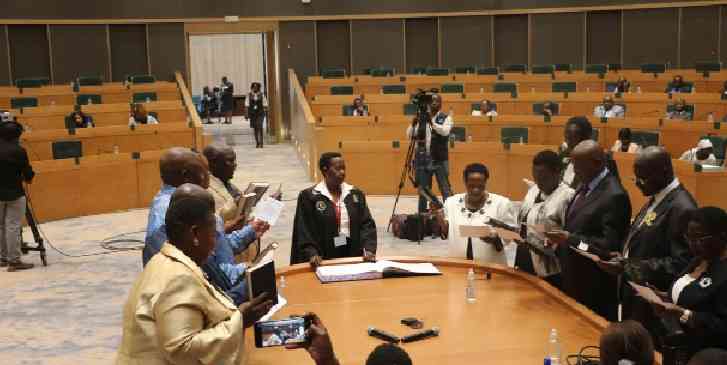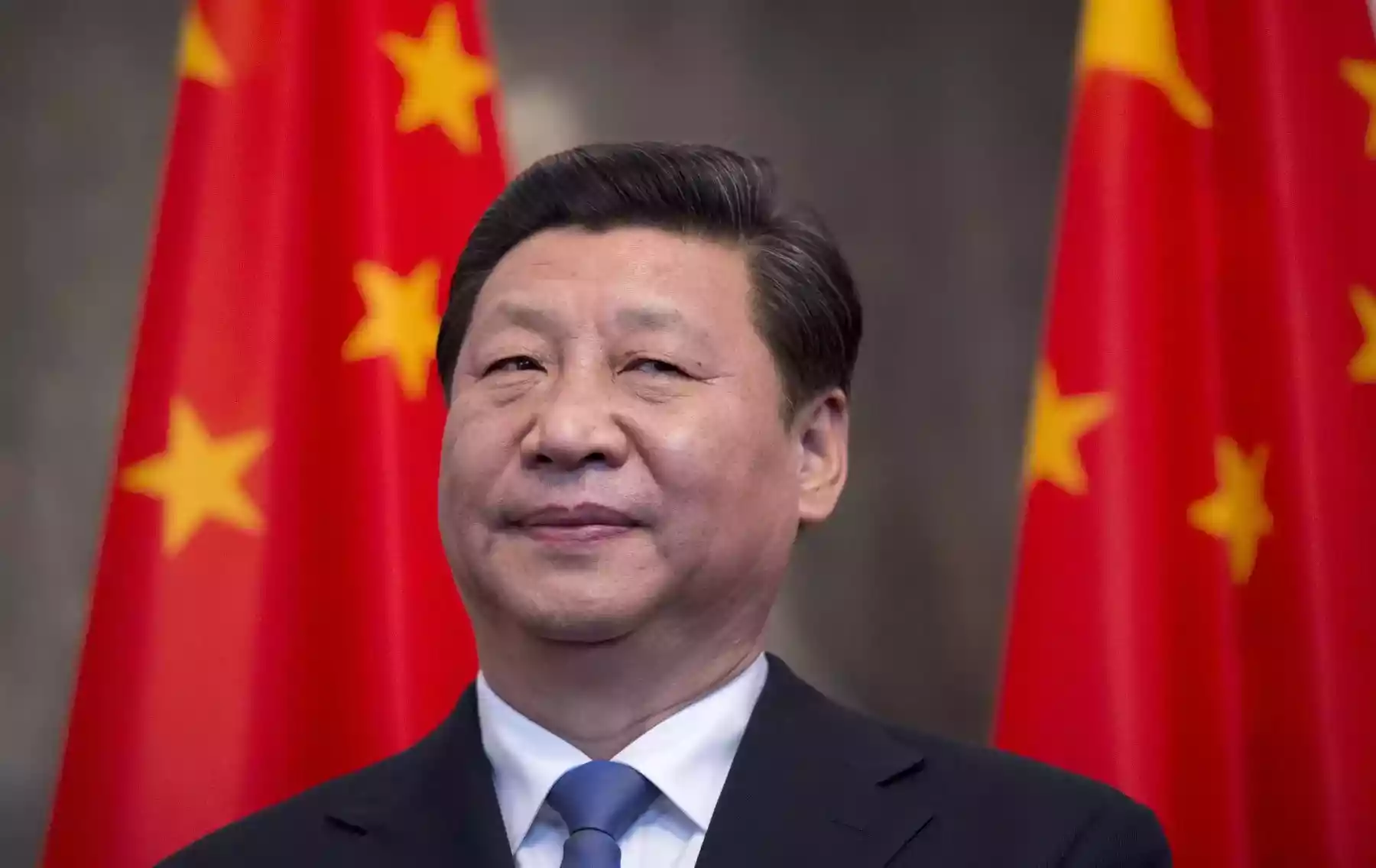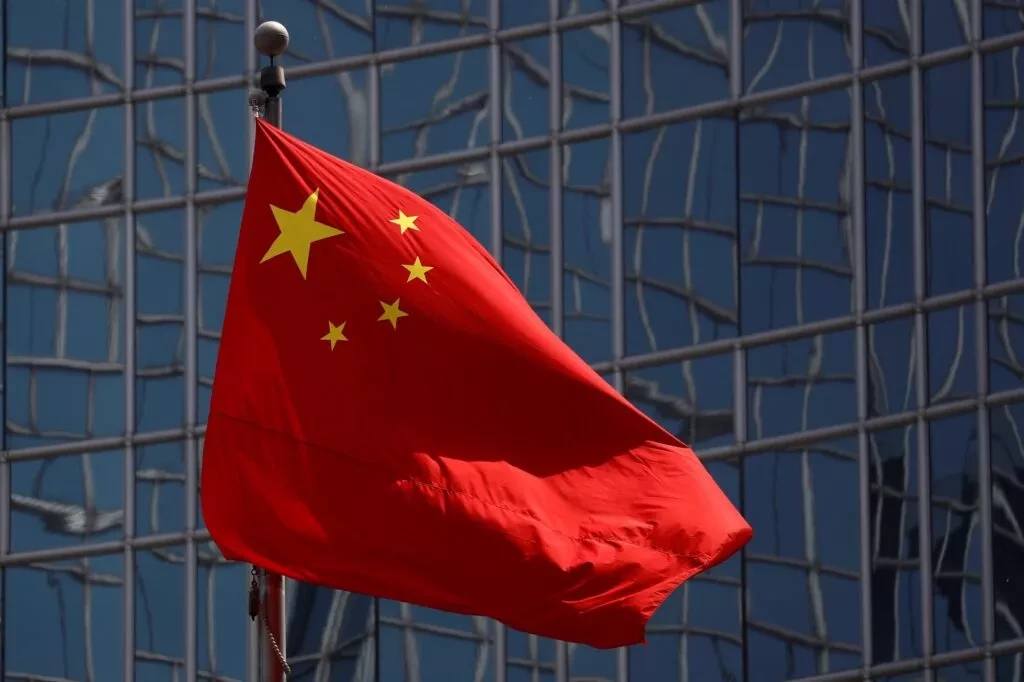
AS developing nations strive for economic growth and social development, policymakers often explore various avenues to generate revenue and ensure equitable distribution of wealth.
One such avenue is the implementation of a wealth tax, a form of direct taxation imposed on the net worth of individuals and/or corporations.
This article has been written in light of the seemingly controversial proposed national budget for 2024. The outline was given by Finance minister Mthuli Ncube, in which he included an introduction of a 1% property tax, which I will call wealth-based tax.
This article aims to provide simplified details on what the tax entails and discuss its potential pros and cons specifically in the context of developing countries like Zimbabwe.
Ok, so l think l might have run too fast here. Before l get into wealth tax, I should probably define what tax is. A tax is a required payment or charge collected by the local, state and national governments from individuals or businesses to cover the costs of general government services, goods and activities.
In essence, l can say taxes are a source of revenue that the government of Zimbabwe relies on. This is in order to provide public services like health, education and infrastructure development.
There are many different types of tax that the citizens of Zimbabwe pay. Almost everyone pays taxes though there are other cases where certain people are allowed not to pay tax.
Generally, the poor have been viewed to be the most taxed, particularly women. This group uses most taxed products than men like brand soaps, sanitary wear and perfumes (just had to say that).
- Mavhunga puts DeMbare into Chibuku quarterfinals
- Bulls to charge into Zimbabwe gold stocks
- Ndiraya concerned as goals dry up
- Letters: How solar power is transforming African farms
Keep Reading
In Zimbabwe, the increase in taxes, at a constant salary transfers to making the poor even poorer. Hence the proposal of a wealth-based tax system.
What therefore is wealth tax?
A wealth tax is levied on the total value of an individual's or company's assets, including real estate, investments, stocks, financial assets, luxury goods, and valuable personal possessions.
The tax is typically calculated as a percentage of an individual's net worth, stipulated by the government. For example, given the minister’s proposal, if one owns a house that has a value of US$100 000, then you will have to pay a total of US$1 000 every year as tax.
As you can probably see, this does not affect everyone. Most of us do not own properties that get to US$100 000. Statistically, the average suburban properties are around US$17 000 to at most US$50 000. I know some may be burning with passion to say what if it is inherited property. Well, inherited property usually is taken for valuation to account for wear and tear.
This means the property usually will cost less than its initial value.
According to tax summaries overview dated May 2023, in Zimbabwe there is no inheritance tax, but there is a 5% estate tax.
The latter means that if you choose to legally share the property of the deceased parent or parents, you are only taxed for that process.
Presently, there are no countries in sub-Saharan Africa that have a wealth tax system.
However, a study by Oxfam shows that the region is tilted towards consumption taxes (sugar tax), which can be regressive and place a heavy burden on the poor.
Further the study suggests that, while the effectiveness of a wealth tax system is highly dependent on its design, implementation and its economic and political context, a country that introduces a wealth tax could increase its revenue significantly.
The following are some of the advantages of implementing wealth tax in Zimbabwe:
Redistribution of wealth
One of the primary reasons to introduce a wealth-based tax system would be to reduce wealth inequality. According to the Economic Inequality Zimbabwe index 2023, there is an increased income inequality.
In simpler terms, the results show that the differences in access to money between the rich and the poor are increasing. By taxing the wealthy at higher rates, governments can redirect resources towards social programmes, infrastructure development, education, and healthcare.
In Zimbabwe, where income inequality is prevalent as established, wealth tax could potentially contribute to a more equitable distribution of resources.
Increased revenue
Implementing a wealth tax can generate substantial revenue for the government. This of course has to have an adequate tax structure.
The additional funds being directed towards funding important social welfare programmes, reducing budget deficits, and improving public services. This could work well to alleviate poverty.
Encouraging entrepreneurship
If the tax system is well-designed, it can incentivise individuals to reinvest their wealth back into the economy.
This will in turn promote investment and entrepreneurship, which can potentially lead to job creation, economic growth, and a thriving business environment.
The following are problems of implementing wealth tax in Zimbabwe:
Administrative challenges
Introducing a wealth tax can pose significant administrative challenges, especially for a developing country like Zimbabwe that currently has limited resources and infrastructure. A proper evaluation, assessment, and collection of wealth tax requires efficient systems, skilled personnel, and effective tracking mechanisms to ensure accurate reporting and prevent tax evasion.
These may not be something available in Zimbabwe. There have already been instances of corruption and illicit deals where properties are involved in Zimbabwe (rating 157 out of 180 in the corrupt countries scale 2022).
There have been some big names mentioned in corrupt property management. This means that establishing efficient systems herein may be problematic.
Wealth flight and capital outflow
The implementation of a wealth tax may increase the likelihood of wealthy individuals and businesses moving their assets offshore, leading to wealth flight and capital outflow.
This can result in reduced investment, business stagnation, and economic instability within the country.
Valuation difficulties
Assessing the value of certain assets, such as artwork, antiques, or privately-held companies, can be complex and subjective.
Determining fair valuations for these assets may present challenges and potential disputes, causing administrative complications and disputes between taxpayers and the tax authorities.
While a wealth tax may offer potential benefits in a developing country like Zimbabwe, it is crucial to carefully weigh the pros and cons before implementing such a tax policy.
A thorough evaluation of the economic and social landscape, along with a well-designed tax structure, accurate assessments, efficient administration, and strategies to mitigate potential downsides, is essential.
By addressing these considerations, Zimbabwe and other developing nations can make informed decisions regarding wealth tax implementation, fostering economic growth, reducing inequality, and promoting social development.
To date, there have been advocacy initiatives towards administering the wealth tax by the Fight Inequality Alliance, which established the tax the rich campaign.
The campaign was mainly designed to reduce the inequality gap. The minister’s introduction of the 1% property tax can therefore be recorded as a small win.
Millin is a social and economic justice analyst. These weekly New Horizon articles, published in the Zimbabwe Independent, are coordinated by Lovemore Kadenge, an independent consultant, managing consultant of Zawale Consultants (Pvt) Ltd, past president of the Zimbabwe Economics Society and past president of the Chartered Governance & Accountancy Institute in Zimbabwe (CGI Zimbabwe). — [email protected] or mobile: +263 772 382 852.











